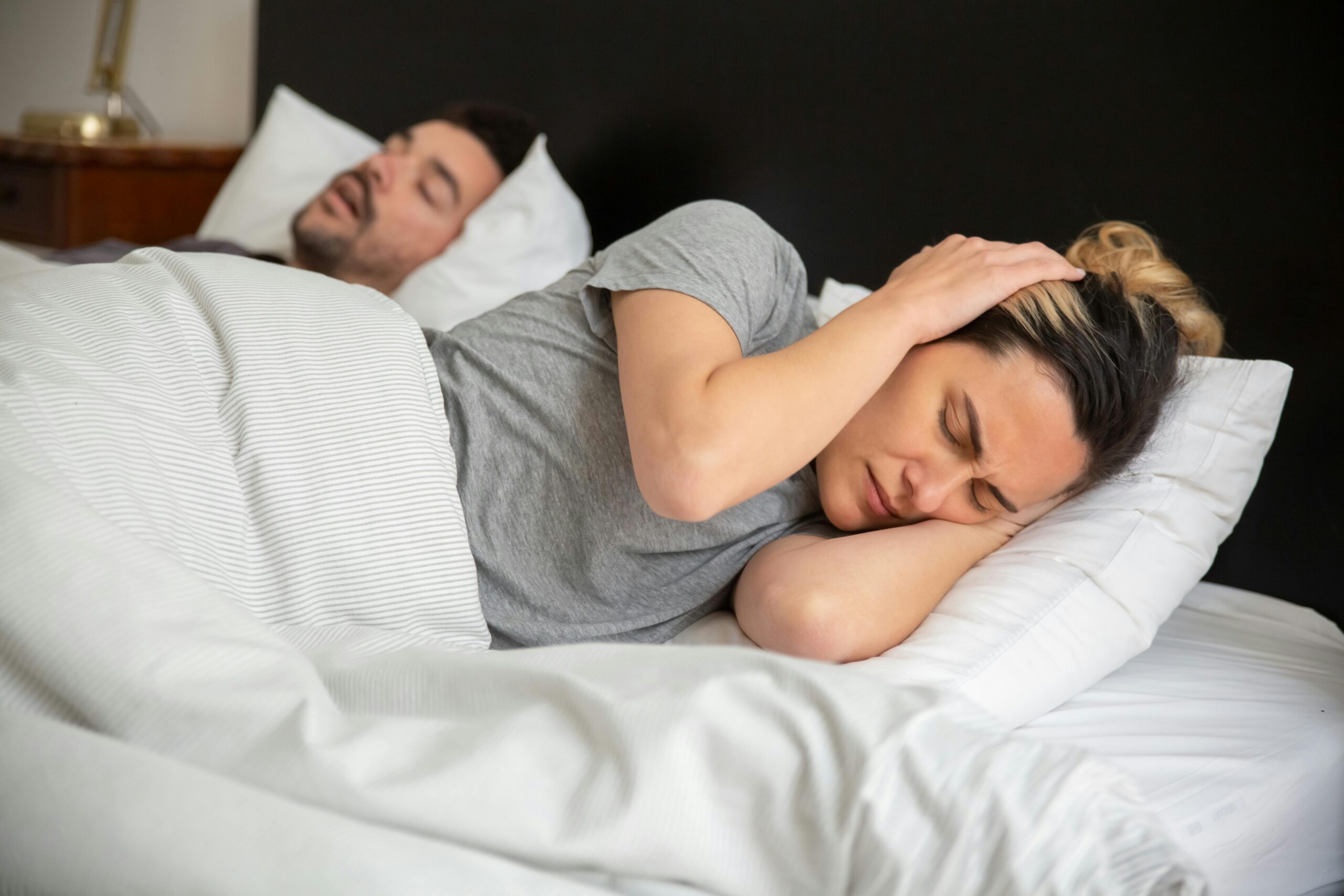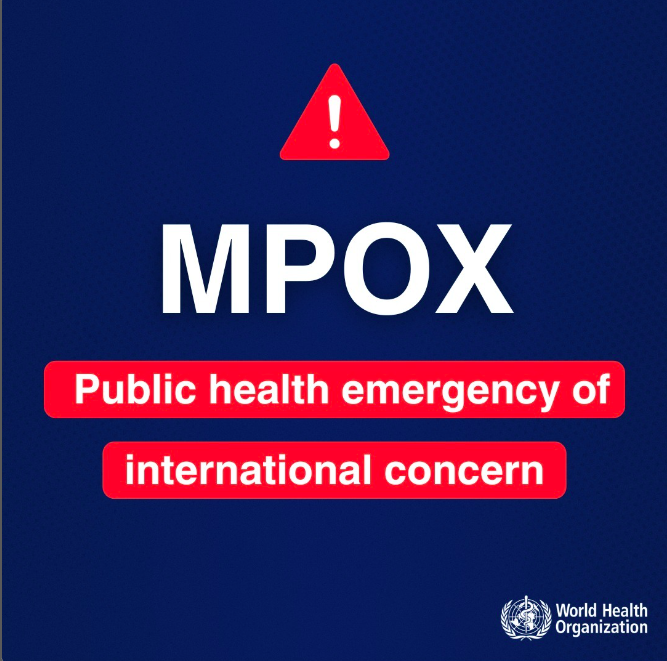
Snoring & Sleep Apnea : More Than A Sleep Issue
Are you often sleepy during the day? Is there someone who snores in your family? Is your child not concentrating in activities like he/she used to? This might be sleep apnea!
Sleep apnea affects 39 million adults in the U.S.A. (1) It is often first noticed by a partner, as it commonly presents with snoring. This problem is on the rise in children as well. The latest studies report 12-20% of children suffer from obstructive sleep apnea. (2) However, its consequences can be far worse than just noise and sleep disturbance.
Definition and Causes-
Snoring is the hoarse sound due to breathing obstruction while sleeping. Sleep apnea is a pause in breathing while sleeping that lasts 10 seconds or more. This can happen due to issues in the brain or neuromuscular coordination (central type), or blockage in breathing pathway (obstructive type) or both (mixed type).The causes of sleep apnea include the ones acting on nervous system like alcohol, certain medicines. The causes of obstruction in airway are obesity, enlargement of tonsils, thick neck, low muscle tone etc. The risk of sleep apnea increases with factors like aging, hypothyroidism, some hormonal disorders, family history of sleep apnea etc.
Identifying sleep apnea-
The most commonly identified symptom of sleep apnea is snoring. However, it can present with various other symptoms like gasping for air during sleep, frequent awakening at night, sense of tiredness, excessive daytime sleepiness, loss of concentration, irritability etc.Apart from these classical symptoms, children with sleep apnea can present with bedwetting, behavioural problems, mouth breathing, night time sweatiness, night terrors etc. Hyperactivity is often seen in these children.
It is worth noting that mostly snoring indicates sleep apnea, but not always. If you notice such symptoms, you should consult your healthcare provider. This will be typically dealt with by your otolaryngologist.
Complications-
The lack of proper rest and sleep can affect multiple systems of the body. Sleep apnea increases the risk of serious conditions like high blood pressure, heart diseases, stroke, sexual dysfunction, depression, metabolic syndrome, diabetes mellitus type 2 etc. Reduced concentration during driving and other high focus requiring activities can be dangerous for the patient and people around. Studies have found out correlation between obstructive sleep apnea and aging. (3) Sleep apnea can also reduce lifespan of the affected patient. (4)
What to do if you have such symptoms?
The best thing is to see your healthcare provider. Early identification of the condition and its causes can be beneficial. The treatment depends on the type, cause of sleep apnea and various other patient factors like age, co-morbidities etc. It can include some life-style changes, medicines (e.g. for hormonal disorders, hypothyroidism etc.), surgery (e.g. removal of tonsils), or use of certain devices.
Some suggested changes include regular exercise, weight control measures and active lifestyle. Limiting alcohol and avoiding it around bedtime, reducing caffeine and quitting smoking are found to be advantageous.
Apart from being a serious health issue, snoring affects family and social life. It can be a cause of embarrassment for people. In such situations seeking help can make life easier for the patient and their family.
If you have a loved one suffering from sleep apnea, you can encourage them to visit their doctor, help them in achieving their goals of change in lifestyle and breaking harmful habits. A little support can go a long way.
References:
1. NCOA Adviser [Internet]. [cited 2024 Mar 30]. Sleep Apnea Statistics and Facts You Should Know. Available from: https://www.ncoa.org/adviser/sleep/sleep-apnea-statistics/
2. Magnusdottir S, Hill EA. Prevalence of obstructive sleep apnea (OSA) among preschool aged children in the general population: A systematic review. Sleep Medicine Reviews. 2024 Feb 1;73:101871.
3. Carroll JE, Prather AA. Sleep and biological aging: A short review. Current Opinion in Endocrine and Metabolic Research. 2021 Jun 1;18:159–64.
4. The Dangers of Uncontrolled Sleep Apnea [Internet]. 2022 [cited 2024 Mar 30]. Available from: https://www.hopkinsmedicine.org/health/wellness-and-prevention/the-dangers-of-uncontrolled-sleep-apnea






0 Comments